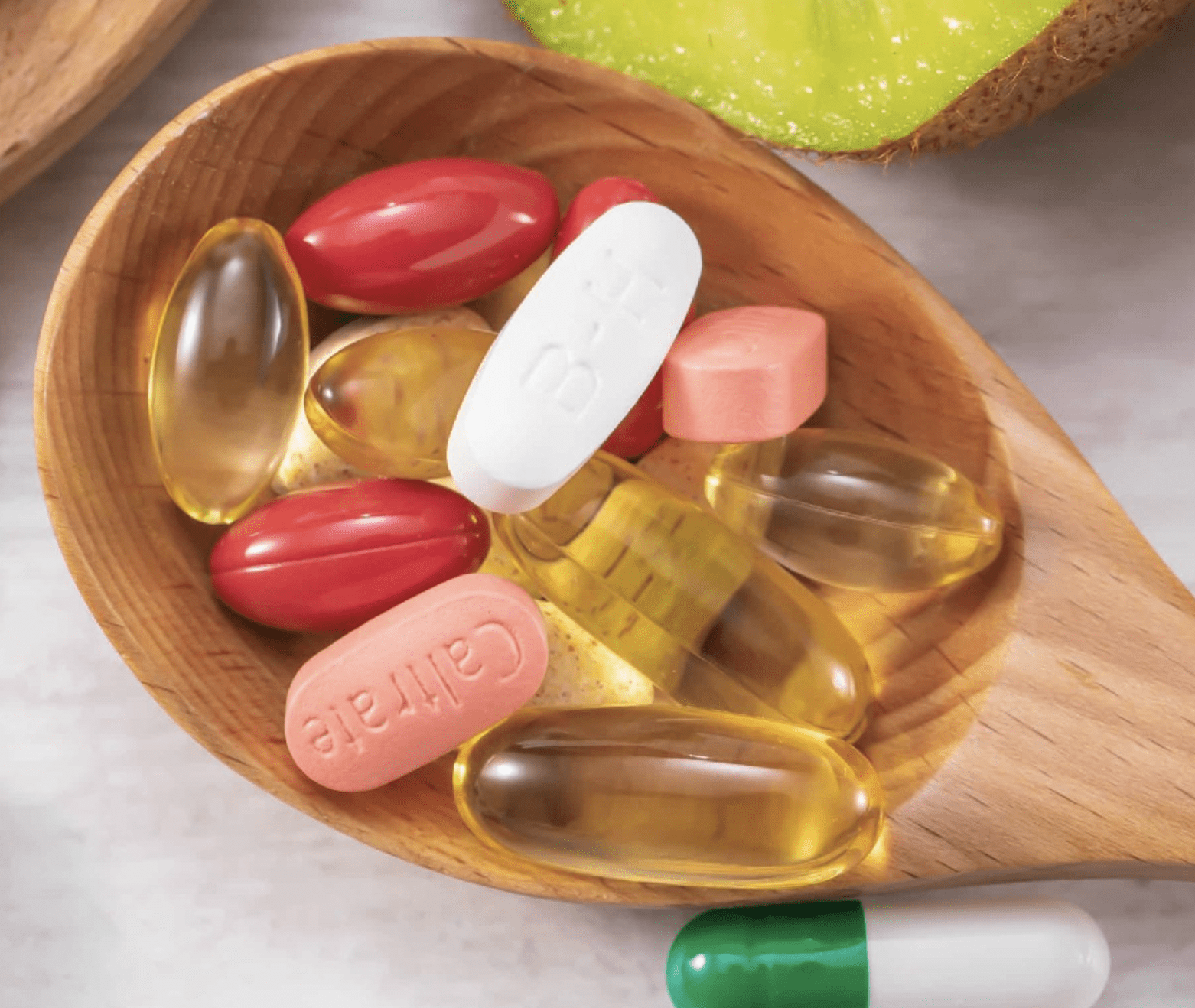Medically reviewed by Gerardo Sison, Pharm.D.
SINGLECARE – These 8 supplements have been shown to improve cholesterol levels in clinical research.
Before you get started on any supplement, keep in mind that supplements for cholesterol should only be recommended on an individualized basis taking into account the individual’s diet, medications, laboratory values, and medical history.
1. Berberine
Berberine, a popular plant extract found in plants like Oregon grape, tree turmeric, and goldenseal, has cholesterol-lowering functions. It is used in modern medicine to treat cancers, diabetes, obesity, and psychiatric disorders.
2. Fiber
Experts suggest that soluble fibers may lower blood levels of cholesterol. Soluble fibers dissolve in water to form a highly viscous gel, increasing bile elimination in your stool. This highly viscous gel also decreases the reabsorption of bile acids into the body. Normally, bile acids are made from cholesterol and reabsorbed in the intestines.
3. Niacin
Niacin, or vitamin B3, may be used to manage high cholesterol. The right dose can lower total cholesterol levels by about 25%, LDL by 10% to 15%, and triglycerides by 20% to 50%. And it may increase HDL levels by 15% to 35%. Niacin may cause side effects, so check with your doctor first.
4. Omega-3 fatty acids
A study in the Journal of Clinical Medicine and Research suggests that omega-3 fatty acid supplements may lower triglycerides and increase HDL cholesterol. Omega-3 fatty acids are essential fats in fish, fish oils, nuts, flax seeds, and vegetables.
5. Plant sterols and stanols
Plant sterols and stanols are cholesterol-like substances found naturally in margarine, vegetable oils, nuts, and seeds. They are also present in food supplements and may lower cholesterol by blocking its absorption into the body. A dosage of 1.5 to 3 grams daily has been shown to lower LDL cholesterol by 7.5% to 12%.
6. Vitamin C
In a 2008 meta-analysis, 500 mg of vitamin C taken daily for four to 24 weeks was found to LDL cholesterol levels by 5%, triglycerides by 9%, and only a modest improvement in HDL cholesterol.
7. Flaxseed
30 g of flaxseed daily for three months decreased total cholesterol by 7% and LDL cholesterol by 10% in postmenopausal women with high cholesterol. In another study, people who took 600 mg of a supplement derived from flaxseed for eight weeks had their total cholesterol lowered by 22% and LDL cholesterol by 24%.
8. Artichoke leaf
Artichoke leaf is a vegetable that originated from the Mediterranean area …
This article is not medical advice. It is intended for general informational purposes and is not meant to be a substitute for professional medical advice, diagnosis, or treatment. Always seek the advice of your physician or other qualified health provider with any questions you may have regarding a medical condition. If you think you may have a medical emergency, immediately call your physician or dial 911.



